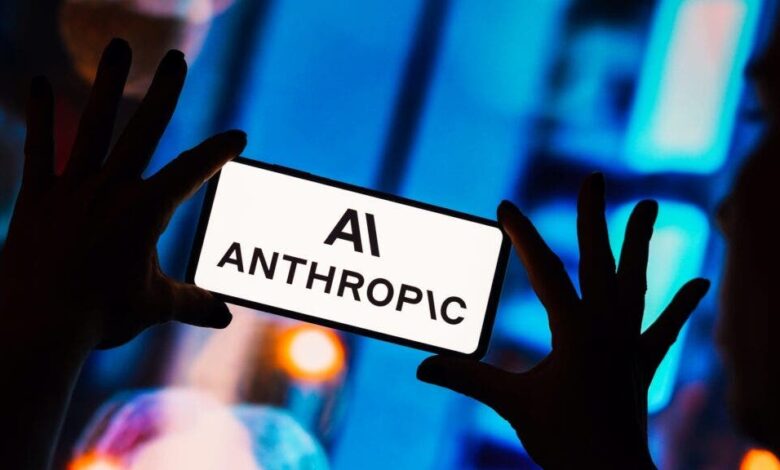Anthropic Researchers Warn Of A ‘Pretty Terrible Decade’ Where AI Outpaces Robotics And People’s Main Benefit Is They’re ‘Fantastic Robots’

Artificial intelligence is rapidly evolving, and experts from Anthropic, an AI startup supported by Amazon founder Jeff Bezos, are predicting significant changes in white-collar work globally. In a recent podcast hosted by Dwarkesh Patel, researchers Sholto Douglas and Trenton Bricken discussed the imminent automation of desk jobs.
Douglas expressed his belief that a decline in white-collar workers is inevitable within the next five years, with the possibility of it happening even sooner. Bricken concurred, stating that the automation of these jobs is expected to occur within the next five years, leading to a transformative shift in the world over the following decade.
Even if the progress in training algorithms slows down, existing models are deemed proficient enough to handle various white-collar tasks, especially when provided with the right data. The financial justification for automating office tasks, even if they require meticulous supervision, is highlighted by the potential economic impact of reducing white-collar jobs on a large scale.
Countries lacking advanced AI models, such as India, Nigeria, or Australia, are urged to make strategic investments in compute infrastructure, AI companies, and the broader tech ecosystem to avoid falling behind. Douglas emphasized the critical role of compute power in shaping a country’s GDP and economic prosperity.
As the shift towards automation gains momentum, there are concerns about the societal implications of a future where AI handles cognitive tasks while humans are relegated to physical labor. Douglas and Bricken warned of a potentially tumultuous transitional phase where job losses may outpace advancements in robotics, leading to stagnation in quality of life improvements.
In this scenario, individuals may find their primary value in their ability to perform physical tasks that AI cannot yet master, positioning them as “fantastic robots” in a world where human capabilities are overshadowed by AI dominance. This unsettling prospect underscores the need for proactive policy planning and investment in technology to navigate the evolving landscape of work and automation.
The evolving dynamics between AI and robotics present both opportunities and challenges for the future of work, requiring a strategic approach to ensure a smooth transition and equitable distribution of benefits. As the age of automation unfolds, societies must adapt to the changing landscape to harness the full potential of AI while addressing the potential disruptions it may bring.





